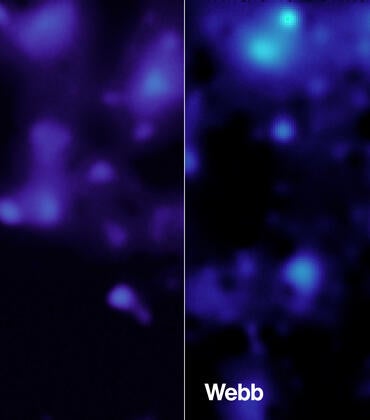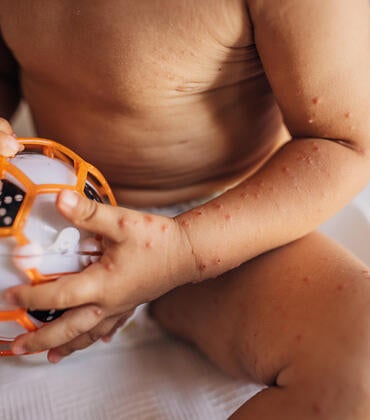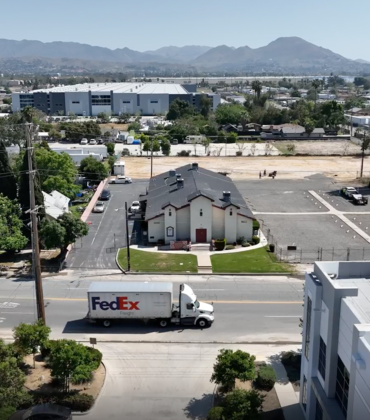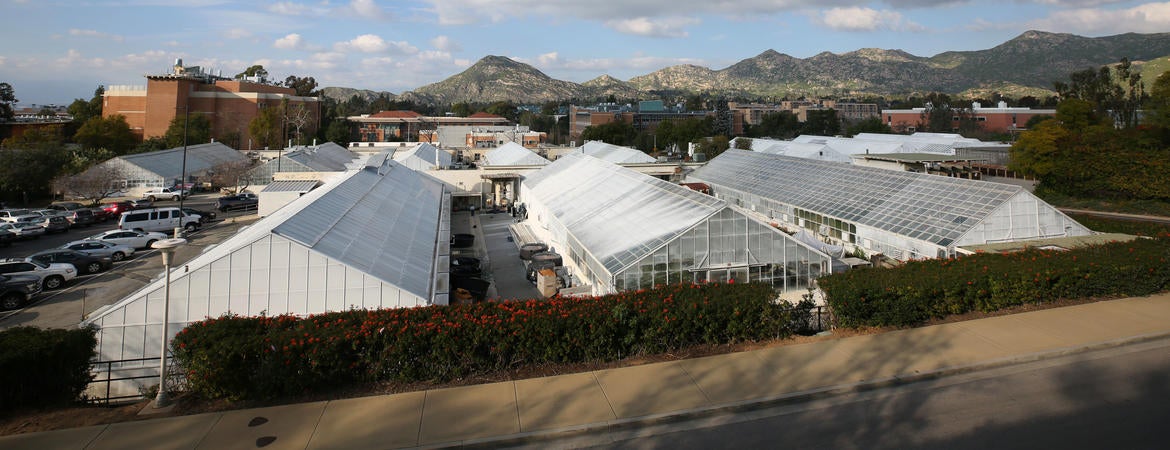
For fast access to experts, TEXT or call the 24-hour-experts hotline at 951-312-3049, or email news@ucr.edu
The environment and climate change
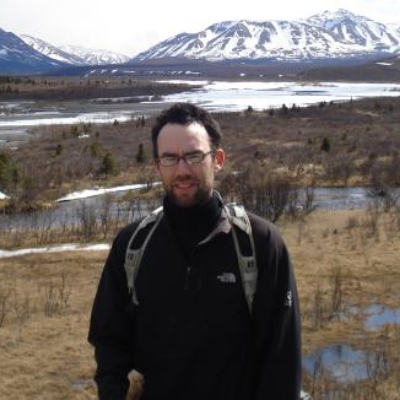 Robert J. Allen, associate professor of earth sciences
Robert J. Allen, associate professor of earth sciences
Professor Allen can speak to climate change modeling and the impact of climate change on precipitation. Allen’s expertise includes forecasting precipitation levels in California–his research lab, the Allen Climate Dynamic Center, utilizes climate models, as well as a wide range of observations, to improve our understanding of the climate system.
Contact: rjallen@ucr.edu
 Cameron Barrows, professor emeritus and research ecologist at the UCR Center for Conservation Biology
Cameron Barrows, professor emeritus and research ecologist at the UCR Center for Conservation Biology
Barrows expertise speaks to the relationship of warmer, wetter conditions to the spread of disease-carrying mosquitos, spreading malaria, Zika, dengue, West Nile diseases, and ticks carrying Lyme disease.
Contact: cameron.barrows@ucr.edu
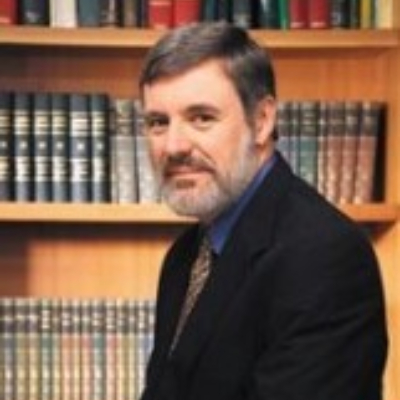 Carl Cranor, distinguished professor of philosophy
Carl Cranor, distinguished professor of philosophy
Professor Cranor’s research focuses on the morality, legality, and justice of exposure to toxic molecules that could threaten the public’s health. He can speak to the use of scientific evidence in legal decisions and the just treatment of citizens in U.S. chemical policies, as well as the regulation of carcinogens and developmental toxicants. Cranor has published two articles on climate change, “Collective and Individual Duties to Reduce Global Warming,” in Economic Thought and U.S. Climate Change Policy, ed. David M. Driesen, (Cambridge: MIT Press 2010), p.153-169. Amy Sinden and Carl Cranor, “The Abandonment of Justice and Toward Distributional Justice,” in Economic Thought and U.S. climate Change Policy, ed. David M. Driesen, (Cambridge, MA: MIT Press, 2010), pp. 237-255.
Contact: carl.cranor@ucr.edu
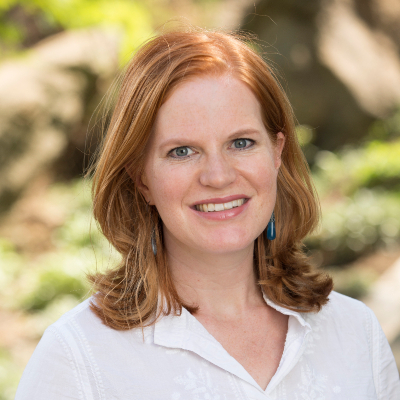 Francesca Hopkins, assistant professor of climate change and sustainability
Francesca Hopkins, assistant professor of climate change and sustainability
Professor Hopkins expertise can speak to greenhouse gas emissions, terrestrial carbon cycles, and isotope biogeochemistry. Her publications include work on anthropogenic greenhouse gas emissions and soil carbon cycles.
Contact: francesca.hopkins@ucr.edu
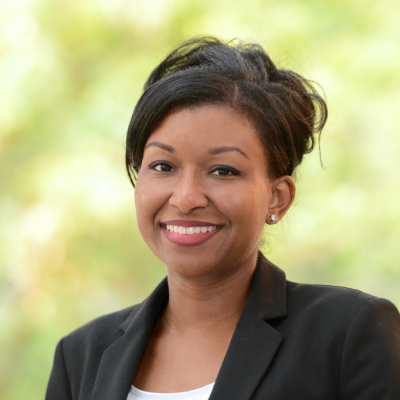 Cesunica Ivey, adjunct professor of chemical and environmental engineering
Cesunica Ivey, adjunct professor of chemical and environmental engineering
Ivey has a background in mathematics, civil engineering, and environmental engineering. Her research interests include source apportionment of fine particulate matter, regional air quality modeling for health applications, global atmospheric modeling, and environmental justice. Ivey’s expertise speaks to sources of fine particulate matter, regional air quality modeling for health applications, global atmospheric modeling, and environmental justice.
Contact: cesunica@engr.ucr.edu
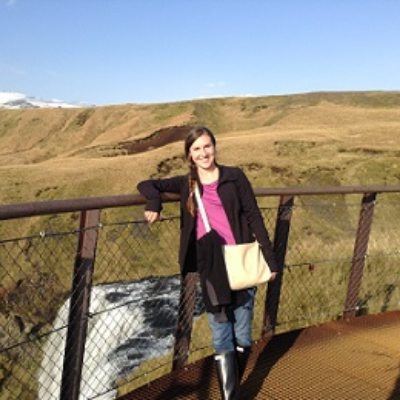 Sandra Kirtland Turner, associate professor of paleoclimate and paleoceanography
Sandra Kirtland Turner, associate professor of paleoclimate and paleoceanography
Turner’s expertise is in paleoclimate, paleoceanography, and biogeochemistry. Her research examines the drivers and consequences of carbon cycling and climate change throughout the early Cenozoic Era.
Contact: sandra.kirtlandturner@ucr.edu
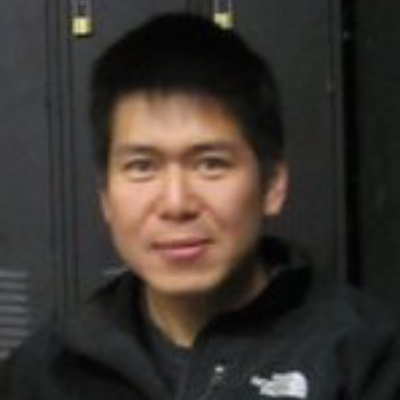 Wei Liu, assistant professor of climate change and sustainability
Wei Liu, assistant professor of climate change and sustainability
Professor Liu’s research interests include physical oceanography and climate change dynamics. He has also published on and has expertise in paleoclimatology. His most recent work, “Oceans and Rapid Climate Change,” was published in 2021 in Perspectives on Health Geography.
Contact: wei.liu@ucr.edu
Andy Ridgwell, professor of geology
Ridgwell has expertise in biochemical modeling, geological climate records, and global carbon cycling. He has published widely on the history of climate change, including paleoceanography and paleoclimatology.
Contact: andy@seao2.org
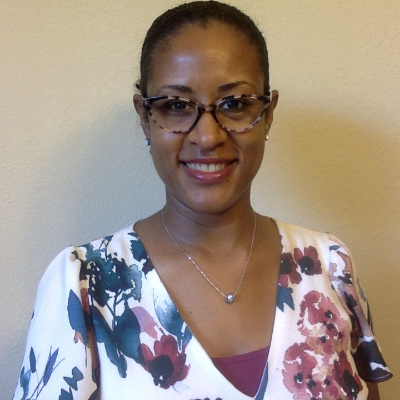 Jade Sasser, assistant professor of gender and sexuality studies
Jade Sasser, assistant professor of gender and sexuality studies
Sasser’s research and teaching explore the relationships between large scale environmental problems—such as climate change-- and women’s bodies, health, and activism. She is currently working on a new project that investigates the impacts of climate change, racial injustice, and other existential threats, on reproductive decisions. In addition, she has two ongoing research projects: one addresses how gendered household technologies (specifically improved stoves) animate global anxieties about climate change, toxic exposures, and women’s empowerment in the global South. The second is a partnership with the NAACP that explores the relationships between gender justice and climate justice activism in the U.S. She is the author of On Infertile Ground: Population Control and Women’s Rights in the Era of Climate Change.
Contact: jade.sasser@ucr.edu
